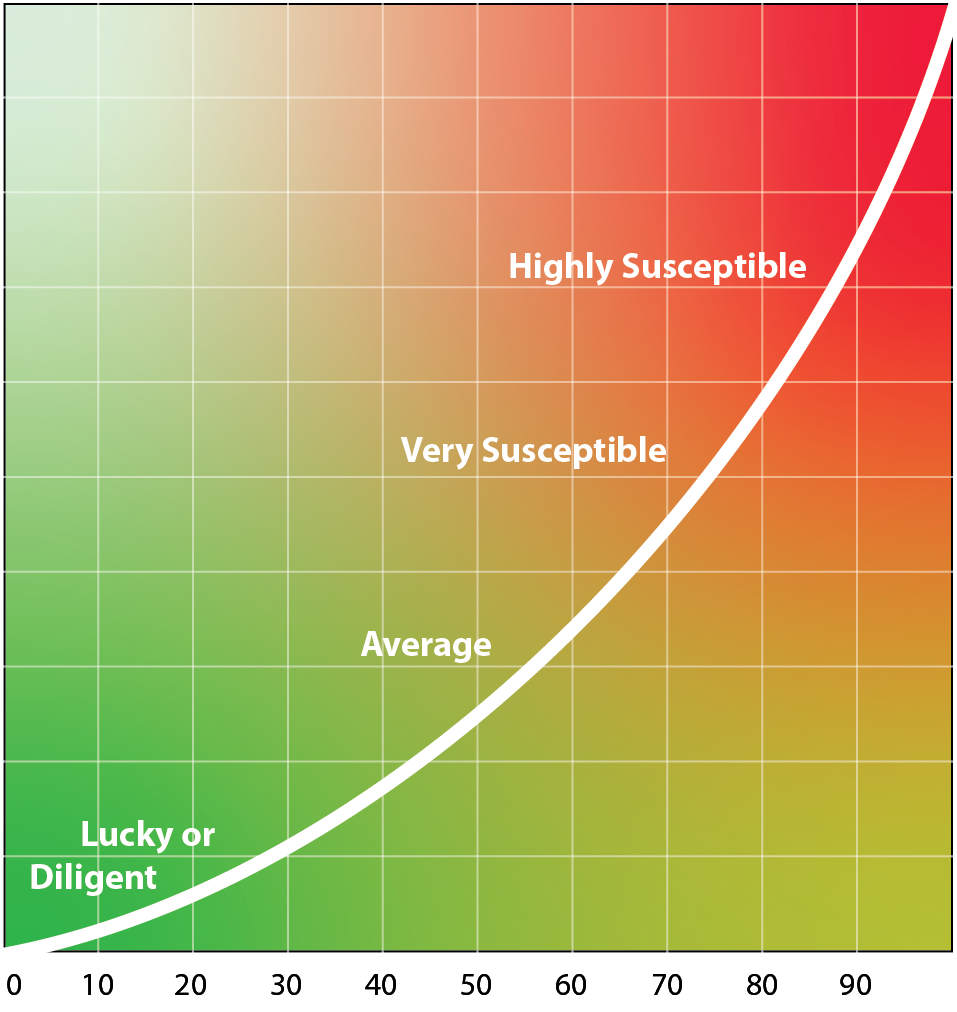Scientifically Slim: What actually works for weight control

by Susan B. Roberts, PhD
I ran my first community iDiet group in the room above my garage, helping local friends, and then neighbors who would soon become friends, to lose weight and keep it off. Because I have been on the shop floor, running iDiet groups myself, and training our iDiet Certified Group Leaders to channel me, I have had the privilege of learning from my iDieters while they learned from me. The wisdom of experience is real and important when it comes to weight control. Most scientists are isolated from the real life problems of the people they seek to help, because junior personnel do all the patient contacts. Here are some of the things my iDieters have taught me are they key to lifelong success:
- Most people need some support to get weight control working well. The “I” Diet book does support weight loss if you follow it on your own, but reversing decades of unhealthy eating habits often requires more powerful help than reading the next chapter. The iDiet group education and support programs began as an 8-week test program and quickly grew to a 12-week program because there is so much helpful knowledge to share. It is now a series of three 12-week programs, because you asked for them. We want to meet the need for individualized, ongoing help and education about weight control. Some people are ready to fly solo after a single 12-week program. Others benefit from our additional sessions to help with the undeniable challenge of living slim in a fattening world. We will also be introducing optional monthly coaching support for those who do well generally but need some help here and there.
- It’s not your fault. It really isn’t! From the Harvard professor who is ashamed of being seen in his swimsuit to the young mom who is embarrassed about setting a bad example for her daughter, there is so much shame and self-blame when it comes to weight loss. Even people who know that Big Food is the underlying problem still find time to blame themselves for lack of willpower, busy lives or a slow metabolism. One thing we have learned is that letting go of guilt is an essential starting place. Once you do that you can see the problem for what it is — eating the right foods to stay full on fewer calories and dealing with environmental temptations that derail your good intentions, and you can better focus on the important job of learning what does — and doesn’t — work for you.
- There are different paths to success. Many people who come into the iDiet program follow the menus exactly — indeed, we emphasize that following our menus gives the best start and the best keep-it-going, because the menus scientifically optimize different nutrients to substantially reduce hunger and cravings. But we have also learned that being a Big Tent is important. We want to help everyone. Everyone needs help, but not everyone is willing to do it in the same way — and that’s OK. By teaching both menu adherence for best results and the general principles behind instinctive eating for those who need a slower, less life-changing path, we are now able to reach even those who have failed on many other programs.
- The food is key. Not surprisingly given their personal dieting experiences, most people don’t easily equate “weight loss” with “feeling full” and “delicious food!” — but that is what everyone wants and what we bend over backwards to provide. “Diet food” really doesn’t have to be low on taste and unsatisfying. Nothing speaks “success” in our groups more than somebody proudly announcing during check-in that they cooked an iDiet dinner party and nobody realized it was diet food. iDiet is a package of strategies, recipes, menus and practical tips, but it has become clear that one of the reasons that people do better on this diet is simply because they love the food.
- Education and support move you forward. Dieters need more than a collection of recipes, and more than inspirational quotes. They need real help unraveling a lifetime of food habits, cravings, and emotional associations, and intentionally constructing a new healthier relationship with food. Our programs are designed to teach while they support, because we want to give you the knowledge to fly on your own, not simply hold your hand for a set number of weeks.
And that’s about it, really. Good support, good food, and flexibility to make it fit into the life you lead. There really isn’t any magic in successful weight control, which is good news for dieters everywhere.
The first publication of an iDiet clinical trial in the prestigious American Journal of Clinical Nutrition was a watershed event in the life of my weight loss program (www.theidiet.com). Finally, we were able to publish proof that this diet really does gives extraordinary results — typically 2-3 times that of other commercial programs. Even better, we were surprised and delighted to see that the Journal wrote an editorial praising the diet for its extraordinary success and sustainability! In a commercial space where disingenuous advertising of ‘not typical weight loss’ is the norm, nothing is more valuable than objective, peer-reviewed research. We are confident that we can help anyone who truly wants to succeed. Without hype, without false promises, in an ethical, supportive, sustainable manner, grounded in evidence-based science.
Susan B. Roberts, PhD, is a professor of Nutrition and professor of Psychiatry at Tufts University and author of The “I” Diet (Workman Publishing 2010).
Register Today
Choose the program that’s right for you.

 Yes! I want to receive a 38-page cookbook, and be informed of upcoming classes. No obligation, instant download.
Yes! I want to receive a 38-page cookbook, and be informed of upcoming classes. No obligation, instant download. 